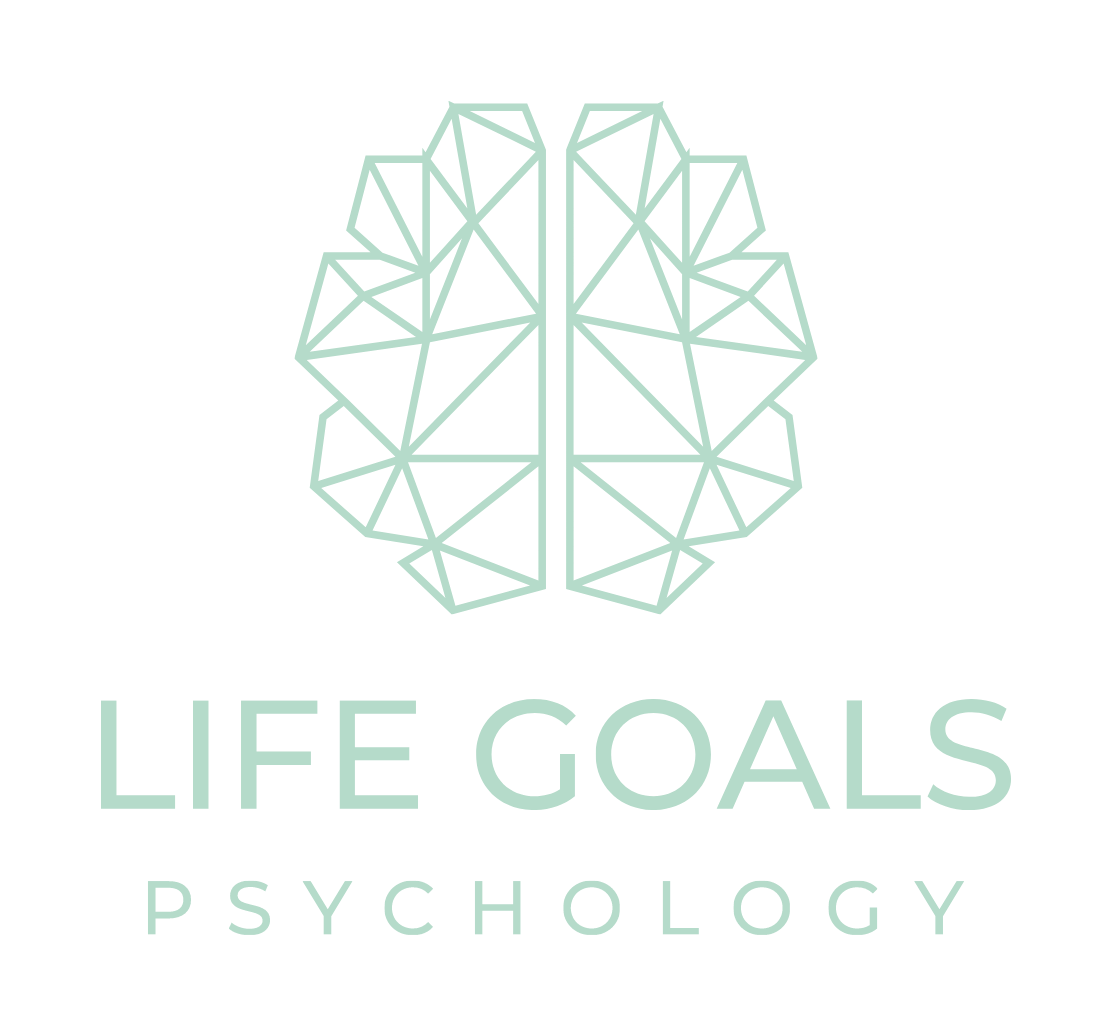-
In order for you to also get the best value from your time in therapy and hence ensure optimal results, it is strongly recommended that you attend at least 6 to 10 sessions. Remember, counselling is a PROCESS - so you need to give it time and practice.
-
You will be sent an email with an intake form and a consent form to fill out and sign digitally, the online forms make it quick and easy.
It can also save you time to fill out an assessment prior to your appointment that will ask you questions based on your current mental state. This is based on your preference and can be done in session, it is a good way to measure your progress and or areas of focus for best care.
-
Diagnosis refers to the process of identifying and categorising a specific condition or disorder based on the symptoms, signs, and other relevant information presented by an individual. In the field of psychology, diagnosis involves assessing and classifying mental health disorders based on the criteria outlined in classification systems like the Diagnostic and Statistical Manual of Mental Disorders (DSM-5) or the International Classification of Diseases (ICD-11).
The diagnostic process typically involves gathering information through interviews, observations, psychological assessments, and sometimes medical tests. Mental health professionals, such as psychologists and psychiatrists, use this information to determine if an individual meets the criteria for a particular disorder and to rule out other possible explanations for the symptoms.
Diagnosis is important in psychology as it helps in understanding the nature and extent of an individual's mental health challenges. It provides a framework for treatment planning and allows mental health professionals to utilise evidence-based interventions and therapies specific to the identified disorder. Additionally, diagnosis can facilitate communication, research, access to resources, and legal support for individuals seeking mental health services.
-
This can take several sessions, depending on the unique individual and presentation. Assessment is inclusive of observation over time, screeners and assessments subject to your specific presentation and needs plus a report. For further information read this blog: Why Diagnose?
A typical breakdown of an ADHD assessment might look like this:
1 x psycho-social assessment session (50 minutes).2 extended thorough background/symptom and functional capacity assessment sessions (90 minutes each)
1x external reference assessment and interpretation (partner, parent or other) (90 minutes)
1x feedback session (50 minutes)
1x report for psychiatrist, client, GP or other.
There may be a wait for the report and feedback session as it consists of assessment scoring and interpretation, review, research, in some cases external supervision, cross referencing, differential diagnosis, review of historical data such as school reports and or medical history consideration and other relevant documents or prior assessments.
EXPLAINING THERAPY TO YOUR CHILD
Imagine therapy is like going to a school for your feelings. Just like you learn math or reading from your teacher, the therapist helps you learn about emotions and how to handle them better.
What is therapy?
Therapy is a special time where you get to talk to someone called a therapist. A therapist is a grown-up who helps people understand their feelings, solve problems, and feel better when they are sad, angry, or worried.
What Happens in Therapy?
When you go to therapy, you and the therapist might talk, play games, or even draw pictures. The therapist's job is to listen and help you find ways to deal with things that might be hard, like feeling nervous, having trouble at school, or having arguments with friends or family.
Why Do People Go to Therapy?
Everyone has big feelings sometimes, and it's okay to ask for help when you need it. Therapy is like going to the doctor for your feelings. Just like a doctor helps you when you're sick, a therapist helps you when your emotions feel overwhelming or confusing.
How Can Therapy Help?
Therapy helps by teaching you new ways to deal with your feelings and giving you tools to solve problems. You can feel stronger, braver, and better at handling tough situations after going to therapy.


